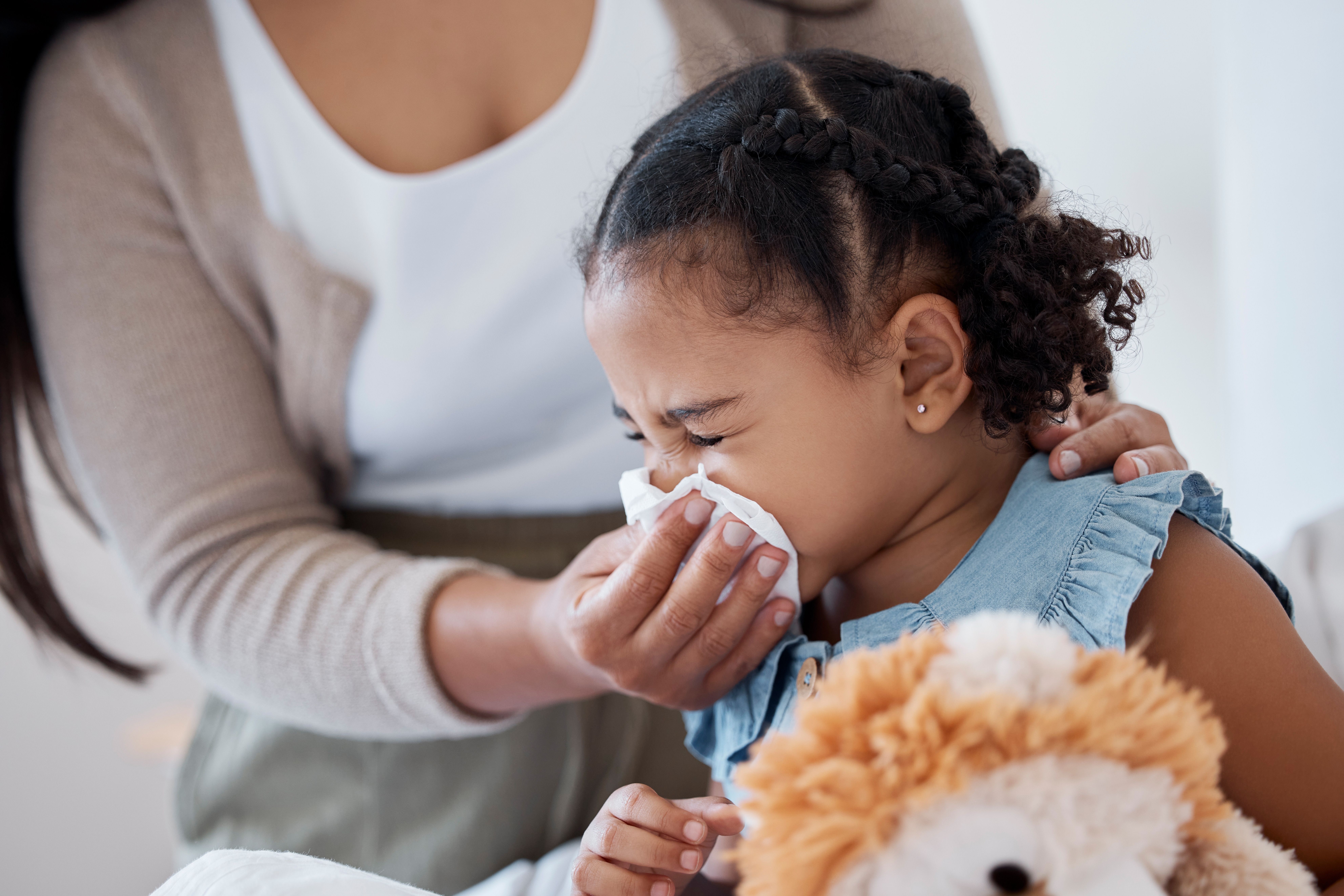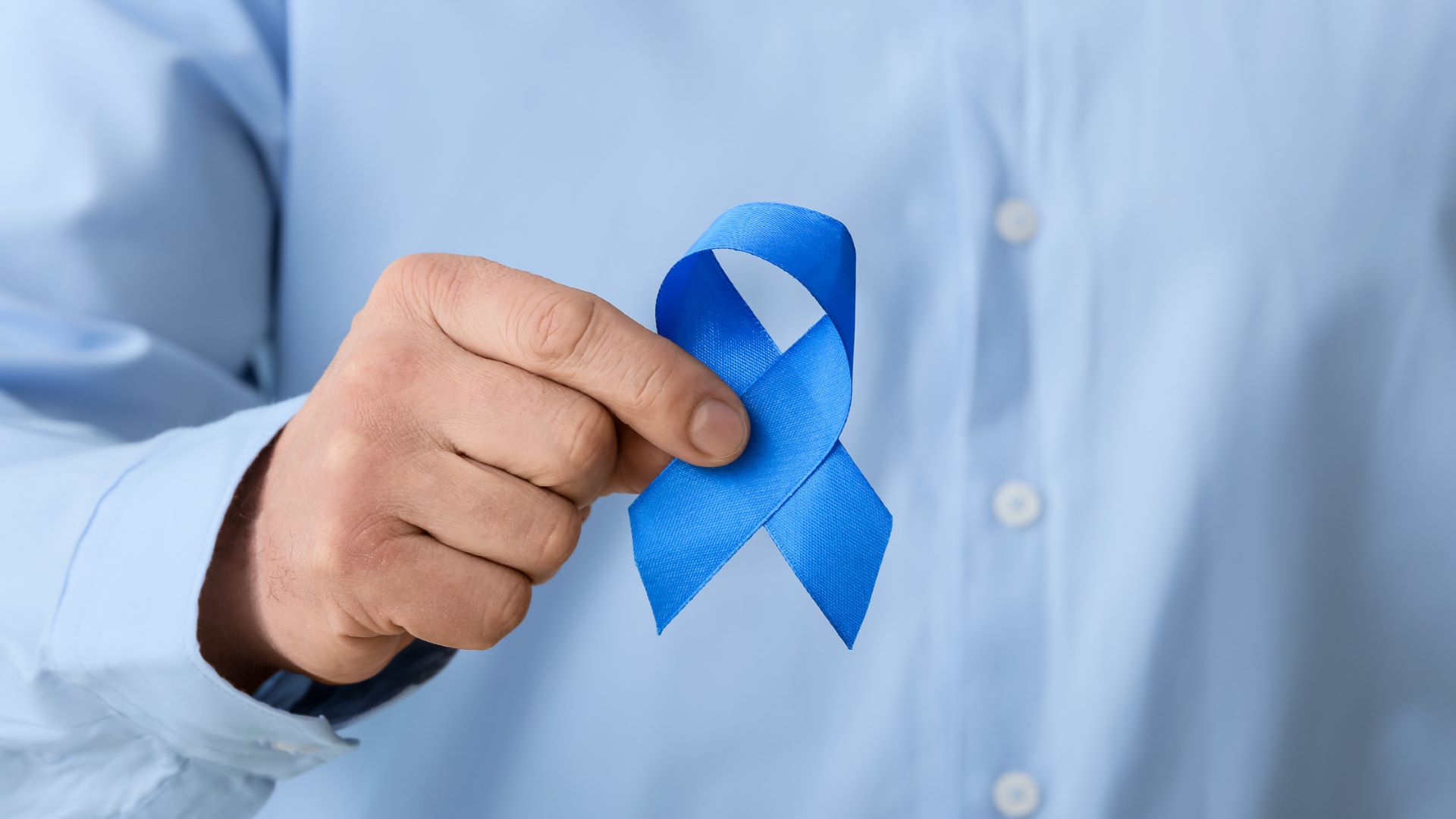March is Colorectal Cancer Awareness Month, a time to educate yourself and others about the disease that affects about 1 in 23 men and 1 in 25 women according to the American Cancer Society. While anyone can get colon cancer, there are some factors that can put you at a higher risk.
Lifestyle
Lifestyle plays a prominent role in your overall health, and is no different when it comes to colorectal cancer. Things like staying active, eating a healthier diet, and visiting the doctor regularly for screenings can ensure you stay healthy and reduce your chances of getting colorectal cancer.
Age
Unfortunately, the number one risk factor of colorectal cancer is one you cannot control – age. About 90% of colon cancer patients are over the age of 50. The American Cancer Society recommends regular screenings start at age 45 and continue through age 75. For patients between 76 and 85, screening decisions should be made jointly with your doctor based on patient preference, life expectancy, health status and prior screening history.
Weight
If you’re overweight or obese, you are at a much higher risk of developing colorectal cancer. Maintaining a healthy diet combined with exercise can help you stay at a healthy weight and reduce your risk. Eating fruits and vegetables is a vital part of a healthy diet and has been linked to lowering the risk of colon cancer and other diseases. A diet rich with foods that are nutrient packed and high in antioxidants and fiber can help decrease your risk and benefit your overall health.
Family History
If a family member, especially a parent or sibling, has had colon cancer, you are at a much higher risk because you share genetics and the same environment. If colon cancer is in your family, be sure to tell your doctor. It is important to pay attention to possible symptoms and get screened regularly.
Alcohol & Tobacco Use
Drinking alcohol in excess can be a risk factor for colon cancer. Drinking can increase the workload on the liver, which causes more toxins to build up and pass through the colon. It is important to drink in moderation or cut out alcohol completely. Smoking has also been linked to colon cancer, among many other types of cancers and health issues. It is best to quit smoking altogether to lower your risk. Quitting can be tough, so consult your doctor to create a plan that works for you.
During Colorectal Cancer Awareness Month, and all year long, take the opportunity to learn more about the disease and find out how you can take steps to keep your colon healthy. Finding colorectal cancer early, when it’s small and hasn’t spread, often allows for more treatment options and more successful outcomes. Talk to your doctor today!
For a complete list of Southwoods Health physicians who perform colonoscopies, click here to learn more.




